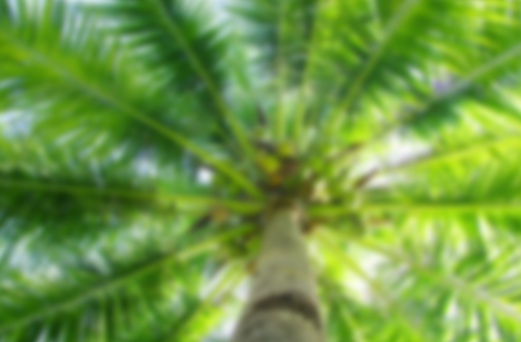
Young woman, Zleh Town, Liberia, 1968
Liberia is a land of beautiful tropical beaches and pristine wildernesses. Unfortunately, it is also one of the poorest nations in Africa and has only recently emerged from a long civil war that witnessed more than 250,000 people die. Travel to Liberia is currently not recommended.
Liberia is situated on the western bulge of Africa just slightly north of the equator. It has an Atlantic coast that stretches for 350 miles between Sierra Leone and Cote d’Ivoire. Liberia was once known as the “Grain Coast” because of its melegueta peppers, which attracted European traders back in the day. The land is well watered and streamed by numerous rivers, including the Mano, Cestos, St. John, St. Paul, and Cavally. Much of the country is also covered in thick forests. The northwest is primarily grassland. The coast is rather flat. The interior, meanwhile, is elevated and dominated by the Nimba Mountains, where elephants, leopards, buffalo, pygmy hippos, monkeys, and duikers populate.
Attractions
Liberia’s main attraction is its beautiful sandy beaches, most of them near the capital, Monrovia. Swimming, boating, and other water sports are popular around the beach areas, which include Bernard’s Beach, Cedar Beach, Elwa Beach, Kenema Beach, Caesar’s Beach, Cooper’s Beach, Kendaje Beach, and Sugar Beach. Robertsport probably has some of the most beautiful beaches in the country.
Skinny-diving season takes place from December to May when the sea is the clearest. Fishing is also great anytime of the year along the coast. In the interiors, good fishing can also be found along the St. Paul and Mesurado rivers, as well as at Lake Piso, which is surrounded by traditional fishing villages. Lake Piso offers facilities for water sports.
Liberia’s jewel is the Sapo National Park, which is located in Sinoe County. This pristine rainforest wilderness, streamed by the Sinoe River, fosters tropical plants and a range of wildlife species that include elephants, giant forest hogs, leopards, and the rare pygmy hippo. You can enjoy the game viewing by taking a boating trip along the Sinoe River. The park also has the distinction of being the largest untouched tract of rainforest in Western Africa.
If you have time, consider checking out the Kpa-Tawe Waterfalls, which is about 4.5 hours away from Monrovia. The capital itself is sprawled on a coast that features rocky headlands, inlets, and lagoons. In Monrovia, you’ll find the country’s best nightlife and restaurants.
History
Liberia was first inhabited by people who moved into the region between the 12th and 16th centuries. In the early 1820s, freed slaves from the United States arrived and colonized the area; they founded Monrovia. The settlers eventually proclaimed Liberia’s independence in 1847. These former American slaves and their descendants, called Americo-Liberians, controlled the government and economy of the country until 1980, governing it under the U.S. constitution. U.S. support enabled the settlers to withstand European encroachments and resistance from the indigenous groups.
For more than a century, the original inhabitants had little control over political affairs. In 1980, however, a group of young military officers from the interior seized control of the government. They killed President William Tolbert in a coup led by Samuel Doe, who was subsequently elected as president under a civilian government in 1985. Opposition against Doe mounted. Charles Taylor led rebel forces in a war against the government in 1989. Doe was killed in 1990, which only exacerbated the fighting. The civil war lasted until 1996 and caused the deaths of more than 5% of the population. An estimated 700,000 Liberians fled the country. Democratic elections were finally held in July 1997 and Charles Taylor was elected. Taylor, however, ruled under a brutal regime best defined as autocratic and dysfunctional. Ultimately, another rebellion was launched in 1999, which grew into another bloody civil war. American and international pressure eventually forced Taylor to resign. He was extradited in 2006 to face war crimes and crimes against humanity.
The civil war ended in 2003 and presidential elections were held in 2005. Ellen Johnson-Sirleaf was elected and has become the first female ruler in Africa. Sirleaf has worked hard since to rebuild the country.


Comments